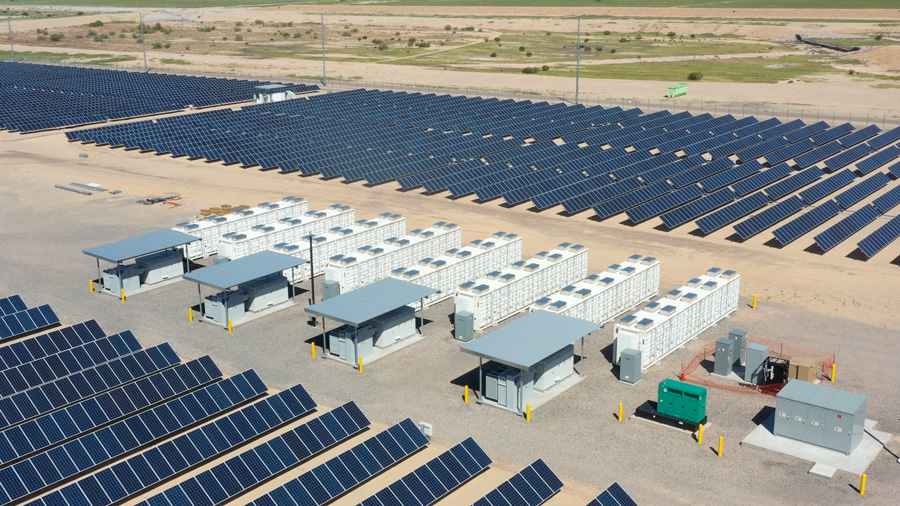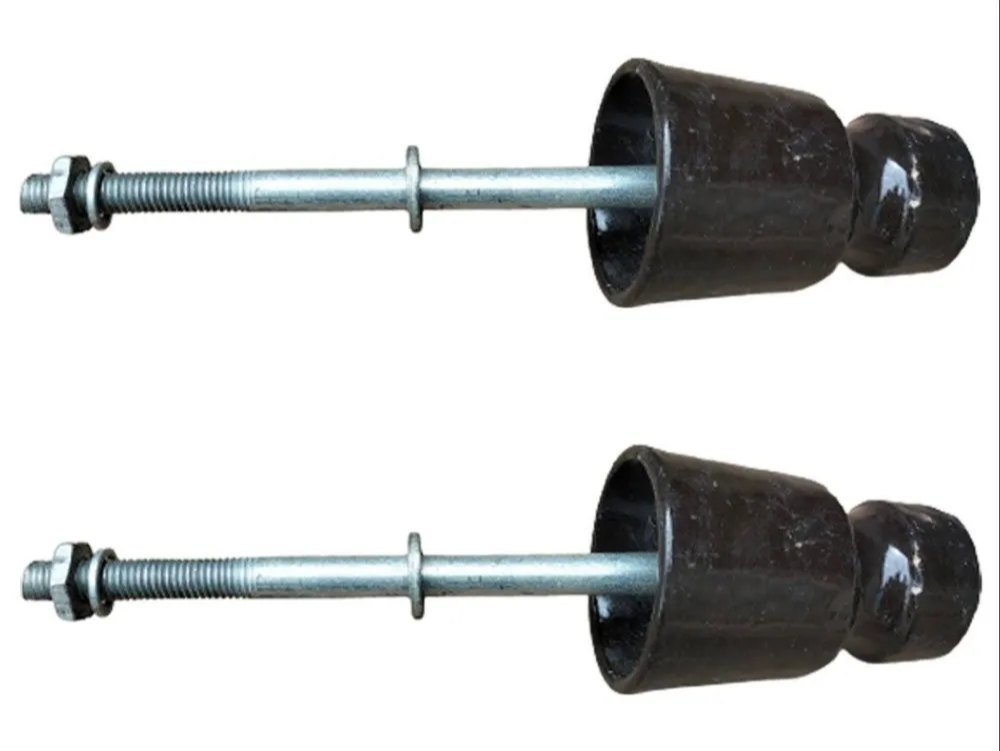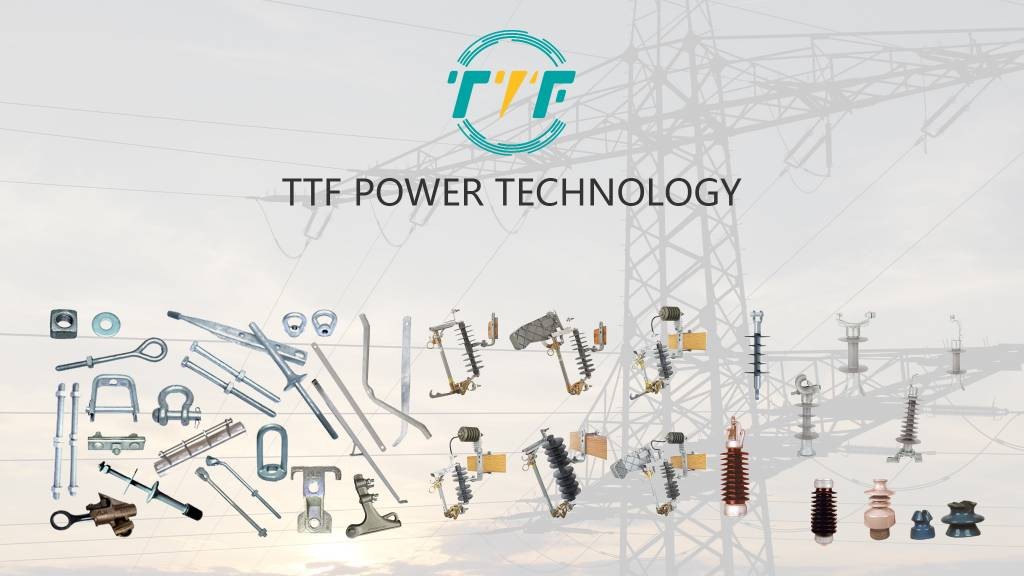
Verano Energy has recently entered into a 15-year power purchase agreement to back its 83 MW Domeyko solar project. The initiative will feature a 660 MWh battery storage facility in Chile. This initiative has the potential to establish Chile as a frontrunner in clean energy implementation in South America. The project integrates solar PV technology with energy storage solutions. Energy storage systems assist in balancing supply and demand, minimizing blackout risks, and enhancing grid reliability. The storage enables greater incorporation of solar energy into the grid and decreases greenhouse gas emissions. The initiative also acts as an example for other nations to improve their renewable energy capacity and meet climate objectives. Insulator pins assist in preserving electrical insulation and providing structural support in power transmission and distribution networks.
Large-scale solar farms in Chile’s Atacama Desert face extreme weather conditions such as strong winds and temperature fluctuations. Insulator pins prevent current leakage between conductors and grounded structures. This ensures safe and efficient energy transmission in solar farms and storage facilities. They secure and support high-voltage power lines connecting solar plants and storage systems to the grid. The insulator pins help prevent power disruptions and increase the lifespan of transmission infrastructure in renewable energy projects.
Barriers to using insulator pins in solar-storage projects
The use of insulator pins in solar and storage projects in Chile faces various challenges. This is due to environmental, operational, and regulatory factors. These challenges include mechanical stress, electrical performance issues, supply chain, regulatory and quality standards, and maintenance challenges. To address these challenges, the projects need to select the right insulator materials, conduct regular maintenance, and optimize installation.
Functions of insulator pins in solar and storage projects in Chile
An insulator pin plays a crucial role in ensuring the safe and efficient operation of electrical systems. It provides mechanical support and electrical insulation for conductors. The insulator pins prevent electrical current from flowing into unintended paths. Chile has diverse geography and climate that may pose challenges for solar and storage projects. Proper selection of insulator pins helps ensure the reliability and longevity of the projects. The following are the key roles of insulator pins in solar and storage projects.

- Electrical insulation—insulator pins are from materials with high dielectric strength. This helps prevent electrical leakage or short circuits.
- Mechanical support—insulator pins provide structural support to hold conductors in place. They withstand mechanical stresses from wind, weight, and environmental conditions.
- Environmental durability—insulator pins are designed to resist harsh environments in Chile. This helps to ensure the long-term reliability of the projects.
- Safety—the pins prevent electrical faults and grounding issues to enhance the safety of workers and equipment. They also reduce the risk of electrical fires or equipment damage caused by short circuits.
- System efficiency – proper insulation reduces energy losses by preventing leakage currents. This is crucial for maximizing the efficiency of solar power generation and storage systems.
Significance of the Verano solar-plus-storage initiative in Chile’s renewable energy landscape
This initiative is important in Chile and mirrors the wider movements towards clean energy globally. It aids in achieving clean energy transition objectives and tackles issues such as intermittency, grid stability, and energy security. TTF is a world-class global provider of high quality overhead line hardware, transmission hardware, distribution hardware, conductors, insulators, cutout switches, anchoring and grounding products. The following are the significance of solar-plus-storage initiatives within Chile’s energy sector.

- Promoting Chile’s renewable energy objectives—the nation strives to produce 70% of its electricity from renewable sources. The 83 MW of solar power combined with energy storage supports reaching carbon neutrality by 2050. This is achieved by raising the proportion of clean energy in the national grid.
- Minimizing dependence on fossil fuels—the Verano initiative diminishes the need for energy generation powered by fossil fuels. It further improves energy security and lowers greenhouse gas emissions.
- Addressing the industrial need for clean energy—many companies and sectors in Chile are dedicating themselves to sustainability objectives while pursuing clean energy options. The Verano project offers a dependable supply of renewable energy to fulfill its increasing needs.
- Showing the feasibility of solar-plus-storage—the initiative acts as a prototype for extra solar-plus-storage projects in the area. It emphasizes the possibility for analogous initiatives in the area with significant solar capability and insufficient grid infrastructure.